All news
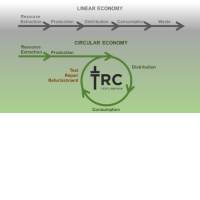
From Linear to Circular Economy
A new smartphone is released and millions of consumers purchase it even though they already own a working phone. A television set breaks down and is replaced by a new one, rather than...
A new smartphone is released and millions of consumers purchase it even though they already own a working phone. A television set breaks down and is replaced by a new one, rather than being repaired. In a linear economic model, products are made, used and discarded, generating waste and more resource extraction to build new ones.
The circular economy considers how resources are managed and how waste is perceived. It affects the entire lifecycle of a product, from initial design and the materials employed to the use of the product, its repair, reuse and the transformation of its parts into a new product.
In TRC we work together with our Customers to generate the necessary tools that simplify the processes of repair and refurbishment of electronic equipment.
Telecom operators have a constant motion of the Customer equipment park. The equipment collected from the Customers resulting from churn and maintenance processes, need to be transformed into new equipment to be sent back to the network. This reuse result not only in a better use of the natural resources and waste reduction, but also in a reduction of the investment in new equipment. The turn around time of about 4 days in this process reduces the need for new equipment and reduces stock.
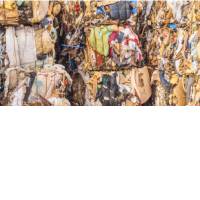
Another important step towards the Circular Economy.
The European Parliament made a historic decision last week, voting heavily in favour of adopting a report that calls for sweeping policy measures to achieve a fully circular economy by...
The European Parliament made a historic decision last week, voting heavily in favour of adopting a report that calls for sweeping policy measures to achieve a fully circular economy by 2050.
- Product life extension
- Access to spare parts and components
- Better information for the consumer
https://www.europarl.europa.eu/news/en/press-room/20210204IPR97114/circular-economy-meps-call-for-tighter-eu-consumption-and-recycling-rules
#circulareconomy #sustainability #automatictesting
#electronicrepair #reverselogistics #climatechange
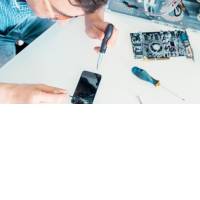
European Parliament Votes for "Right to Repair" of electronic devices.
The vote calls for the EU Commission to “develop and introduce mandatory labelling, to provide clear, immediately visible and easy-to-understand information to consumers on...
The vote calls for the EU Commission to “develop and introduce mandatory labelling, to provide clear, immediately visible and easy-to-understand information to consumers on the estimated lifetime and reparability of a product at the time of purchase.”
https://www.europarl.europa.eu/news/en/press-room/20201120IPR92118/parliament-wants-to-grant-eu-consumers-a-right-to-repair
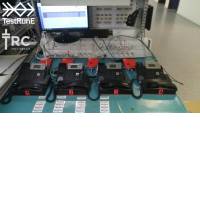
IP Phone automatic testing and refurbishment
The TRC automatic testing tool TestRunE is testing 160 IP Phones per day.
Each operator is controlling four IP Phone test probes and each 11min test includes a firmware update and a...
The TRC automatic testing tool TestRunE is testing 160 IP Phones per day.
Each operator is controlling four IP Phone test probes and each 11min test includes a firmware update and a complete functional test.
With this operation our customer is giving a new life to more than 3200 units per month and saving the corresponding CAPEX of new installations.
This customer is using TRC automatic test tools to test set top boxes, gateways, WiFi Extenders, phone handsets and IP Phones.
More than 60% of the new installations benefit from refurbished equipment representing a huge contribution to waste reduction and to a healthier planet.
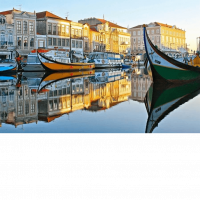
Why you should choose Portugal?
In TRC we believe that helping international companies to move and establish in Portugal and making strong partnerships with them will make us stronger to succeed in the international...
In TRC we believe that helping international companies to move and establish in Portugal and making strong partnerships with them will make us stronger to succeed in the international market.
There are a number of reasons to choose Portugal for a partnership: we have the required technologic capacity; a great quality-price ratio of Portuguese resources; high number of English speaking people providing good and fluid communication between teams; access to funding for good projects; Portugal has a privileged geographical location for both the transport of people and goods; Portuguese are known by being a friendly and quite adaptable type of people; we have very nice food with a variety of traditional dishes; nice mild weather, beaches and countryside.
What is stopping you to make this move?